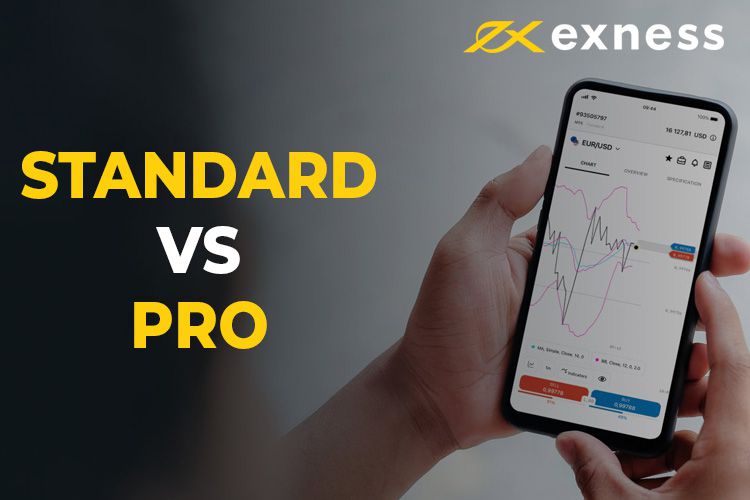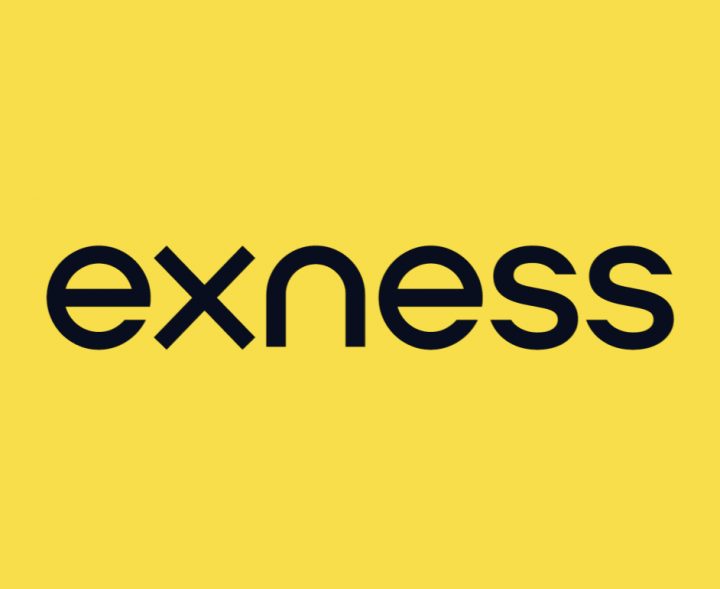
The Ultimate Guide to Choosing the Right FX Broker
In today’s fast-paced financial environment, selecting the right fx broker Exness forex & CFDs broker can be a crucial step in your trading journey. With numerous options available, traders need to understand what factors to consider to ensure they are making an informed decision. In this guide, we will explore the various elements to take into account when choosing an FX broker, helping you find one that suits your trading style and meets your needs.
Understanding FX Brokers
FX brokers act as intermediaries between traders and the foreign exchange market. They provide a platform for buying and selling currencies and often offer additional services such as market analysis, educational resources, and trading tools. There are various types of brokers, including market makers, ECN brokers, and STP brokers, each with its own advantages and disadvantages.
Regulatory Compliance
One of the first considerations when selecting an FX broker is regulatory compliance. Different countries have different regulatory bodies overseeing the financial markets. For example, in the United States, brokers are regulated by the National Futures Association (NFA) and the Commodity Futures Trading Commission (CFTC). In the United Kingdom, the Financial Conduct Authority (FCA) provides oversight. Choosing a broker regulated by a reputable authority ensures that they adhere to stringent financial standards, protecting your investments.
Trading Platforms
The trading platform provided by the broker is essential for executing trades efficiently. Most reputable FX brokers offer platforms such as MetaTrader 4 (MT4) or MetaTrader 5 (MT5), which provide advanced charting tools, technical analysis capabilities, and automated trading options through Expert Advisors (EAs). It’s crucial to choose a broker with a platform that aligns with your trading strategies and preferences.
Spreads and Commissions
Spreads refer to the difference between the bid and ask price of a currency pair, while commissions are fees charged by brokers for executing trades. It’s essential to compare the spreads and commissions of different brokers to ensure you are getting competitive rates. Some brokers may offer tight spreads but charge high commissions, while others might provide a commission-free structure with wider spreads. Understanding these costs can significantly impact your overall trading profitability.
Leverage Options
Leverage allows traders to control larger positions in the market with a smaller amount of capital. While it can amplify profits, it can also lead to substantial losses. Different brokers offer varying levels of leverage, so it’s vital to choose a broker that provides a leverage ratio suitable for your risk appetite. Always remember that higher leverage involves higher risk, and responsible trading is crucial for long-term success.

Customer Support
Effective customer support is a critical factor when selecting an FX broker. Ensure that the broker offers multiple channels for support, including phone, email, and live chat. Additionally, check their support hours to ensure they are available during the times you will be trading. Good customer support can make a difference when you encounter issues or have inquiries about your account or trades.
Trading Tools and Resources
Many brokers offer additional trading tools and resources, such as economic calendars, market analysis, and educational materials. These resources can enhance your trading experience and help you make more informed decisions. If you’re a beginner, look for brokers that provide comprehensive educational resources, including webinars, tutorials, and demo accounts to practice trading without risking real money.
Account Types
FX brokers typically offer a range of account types, each designed to cater to different trading styles and experience levels. For instance, some brokers provide demo accounts, allowing you to practice trading without risking your capital. Others might offer micro, standard, and VIP accounts with varying spreads, commission structures, and minimum deposit requirements. Assess your trading plans and select a broker that provides account options aligning with your trading needs.
Deposit and Withdrawal Methods
A broker’s deposit and withdrawal methods are essential considerations. The more options available, the better, as it allows for greater flexibility. Popular deposit methods include bank transfers, credit/debit cards, and e-wallets like PayPal and Skrill. Ensure that the broker processes withdrawals efficiently and check if there are fees associated with deposits and withdrawals.
Reputation and Reviews
Conduct thorough research on the broker’s reputation by reading online reviews and testimonials from other traders. Look for feedback on the broker’s trustworthiness, customer service, trading conditions, and overall experience. Engaging with trader forums and communities can provide valuable insights into the strengths and weaknesses of different brokers.
Final Thoughts
Choosing the right FX broker is a fundamental step towards achieving your trading goals. By considering factors such as regulatory compliance, trading platforms, spreads and commissions, leverage options, customer support, trading tools, account types, and reputation, you can make an informed decision. Remember that trading involves risks, and it’s essential to choose a broker that aligns with your trading style and risk tolerance. Take your time, do your diligence, and you will be well on your way to a successful trading journey.
